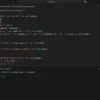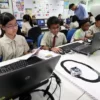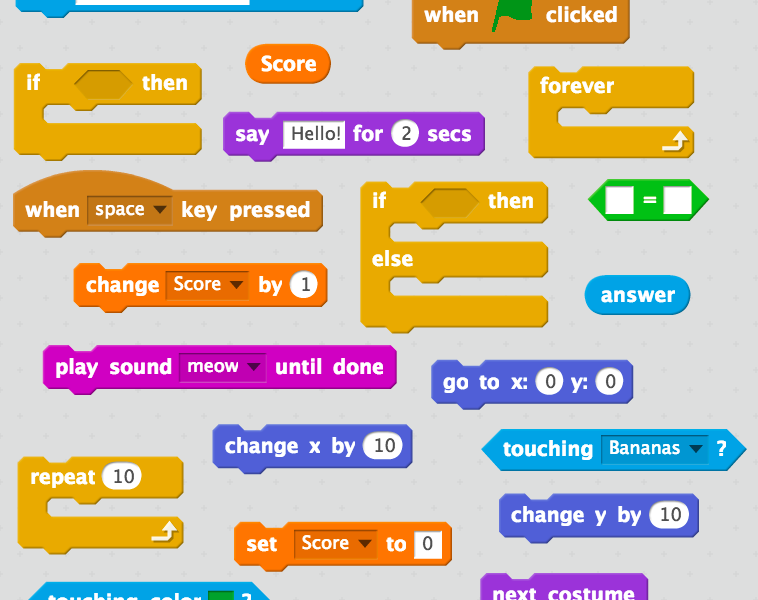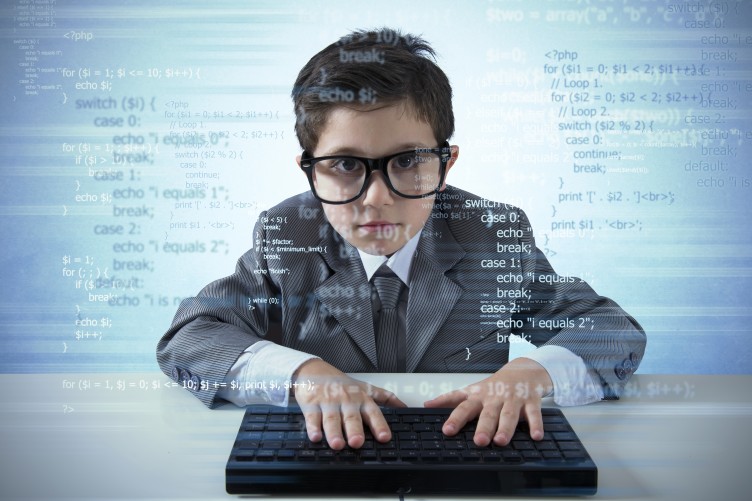Why coding?
Coding is the process of creating instructions for computers to follow using a programming language. Coding can be used to create websites, apps, games, animations, and more. Coding is not only a useful skill for the future, but also a fun and creative way to express oneself and solve problems.
In this blog post, I will discuss some of the benefits of learning coding for kids, and how parents and educators can support them in their coding journey.
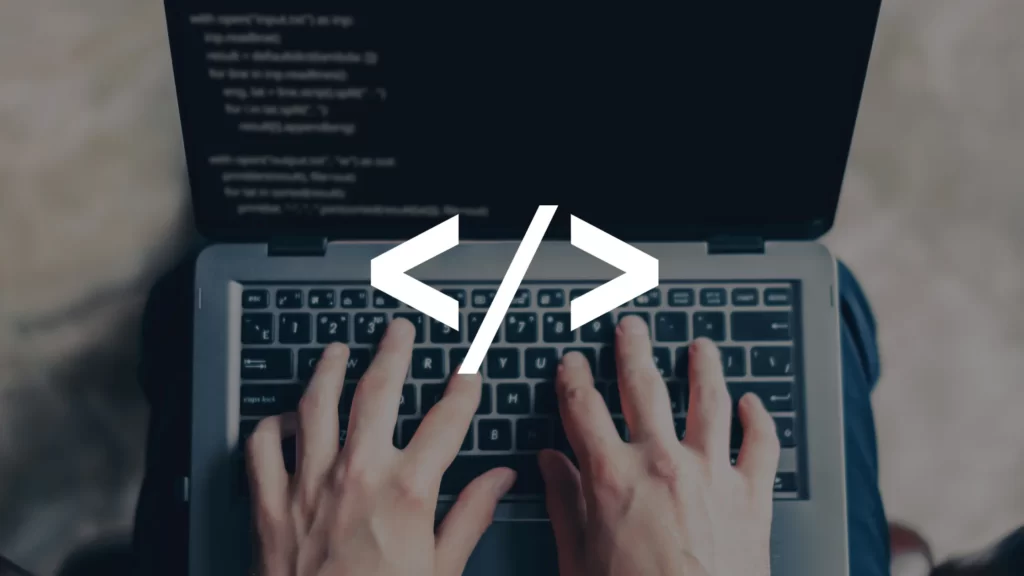 Benefits of learning coding for kids
Benefits of learning coding for kids
Learning coding can help kids develop various skills and competencies that are essential for the 21st century. Some of these include:
- Logical thinking and problem-solving: Coding involves breaking down complex tasks into smaller steps, finding patterns and relationships, and applying rules and algorithms. These skills can help kids think critically and analytically, and find solutions to various challenges in different domains.
- Creativity and innovation: Coding allows kids to create their own projects and express their ideas in unique ways. They can experiment with different features, designs, and functionalities, and explore their own interests and passions. Coding can also foster innovation by encouraging kids to think outside the box and invent new things.
- Collaboration and communication: Coding can be a social activity that involves working with others, sharing feedback, and learning from each other. Kids can collaborate on coding projects with their peers or mentors, or join online communities and platforms where they can showcase their work and interact with other coders. Coding can also help kids communicate their thoughts and reasoning more clearly and effectively.
- Confidence and resilience: Coding can boost kids’ confidence and self-esteem by giving them a sense of accomplishment and pride in their work. They can also learn from their mistakes and failures, and develop a growth mindset that embraces challenges and feedback. Coding can help kids overcome their fears of technology and become more comfortable and confident with using it.
How to support kids in learning coding
If you are a parent or an educator who wants to help your kids learn coding, here are some tips and resources that you can use:
- Start early: Kids can start learning coding as early as preschool age, using simple tools and activities that introduce them to the basic concepts of coding. For example, you can use toys or games that involve sequencing, patterning, or logic, or use unplugged activities that simulate coding without using a computer.
- Choose appropriate tools: There are many tools and platforms that are designed specifically for kids to learn coding in a fun and engaging way. Some examples are Scratch, Code.org, Tynker, CodeSpark Academy, etc. These tools use visual programming languages that allow kids to drag and drop blocks of code instead of typing text. They also offer various themes, characters, and levels that appeal to different ages and interests.
- Encourage exploration and creativity: Let your kids choose what they want to create and how they want to create it. Don’t worry too much about the correctness or quality of their code at first. Instead, focus on encouraging their curiosity and imagination, and celebrating their efforts and achievements. You can also provide them with examples of inspiring projects made by other kids or professionals to spark their ideas.
- Provide guidance and support: Learning coding can be challenging at times, so it is important to provide your kids with guidance and support when they need it. You can help them by asking questions, giving hints, or pointing them to resources that can help them learn more. You can also join them in their coding activities, or connect them with mentors or peers who can guide them or collaborate with them.
- Make it fun and relevant: Learning coding should not be seen as a chore or a burden, but as a fun and rewarding activity that your kids enjoy doing. You can make it more fun by incorporating games, challenges, rewards, or competitions into your coding sessions. You can also make it more relevant by linking it to your kids’ interests, hobbies, or goals, or showing them how coding can be applied to real-world problems or situations.




